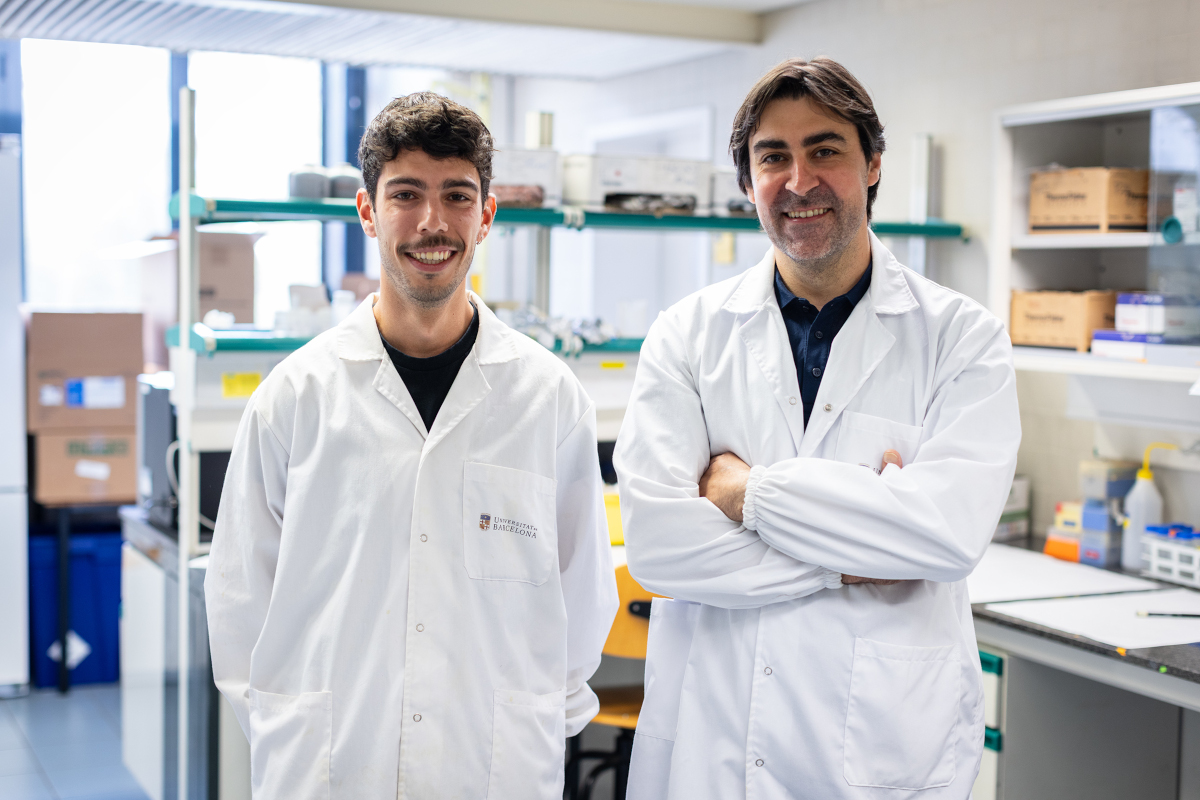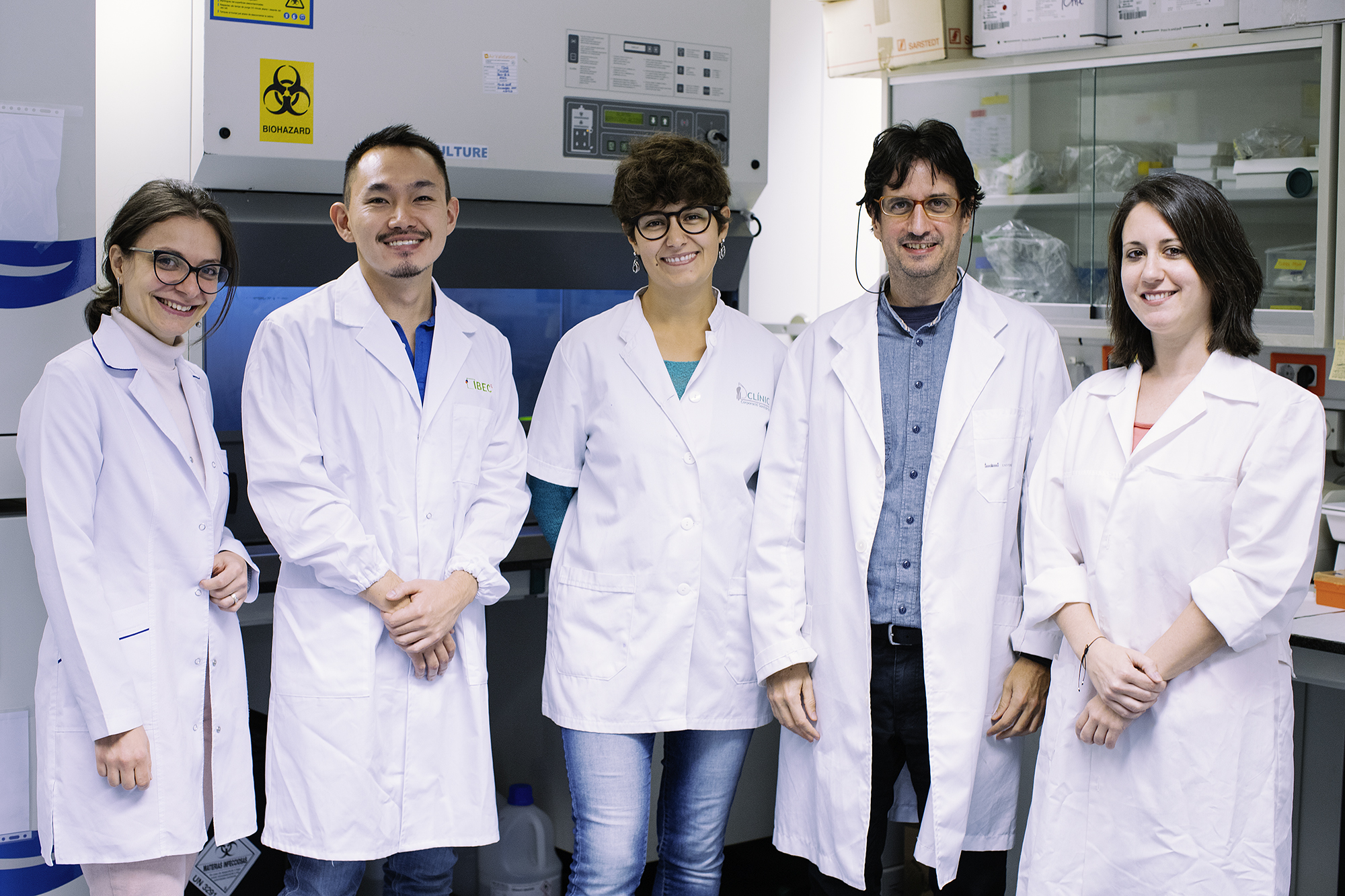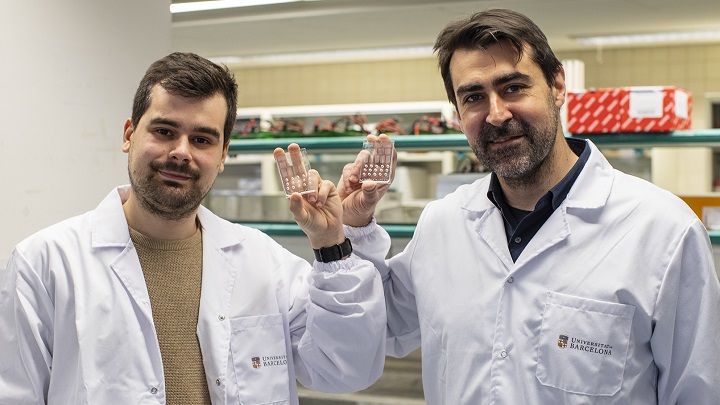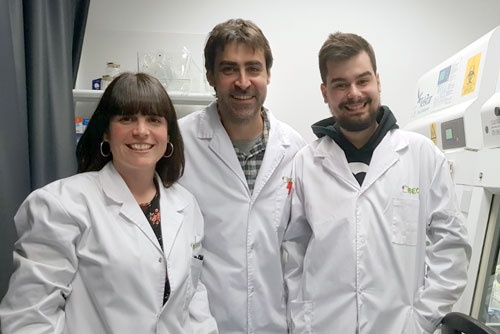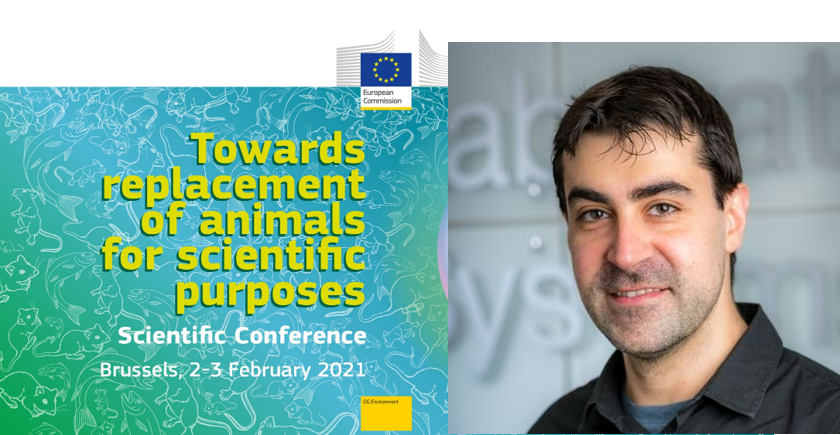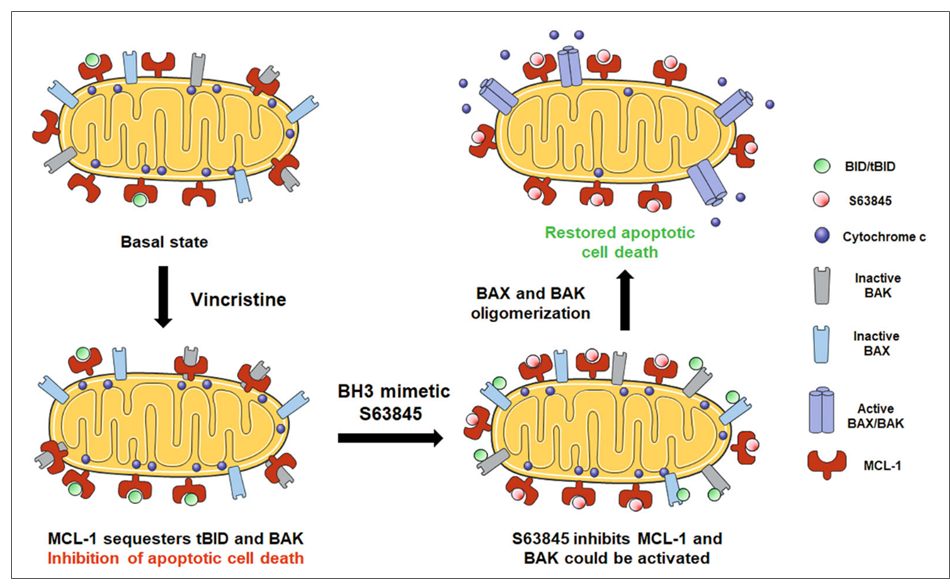New advances in the fight against the most common form of lung cancer
A study led by the University of Barcelona in collaboraiton with the Institute for Bioengineering of Catalonia reveals that the functional assay dynamic BH3 profiling (DBP) can predict whether specific treatments will be effective in non-small cell lung cancer patients. The technique helps determine which therapy will be most effective by testing it directly on living cells, improving personalised therapies.

